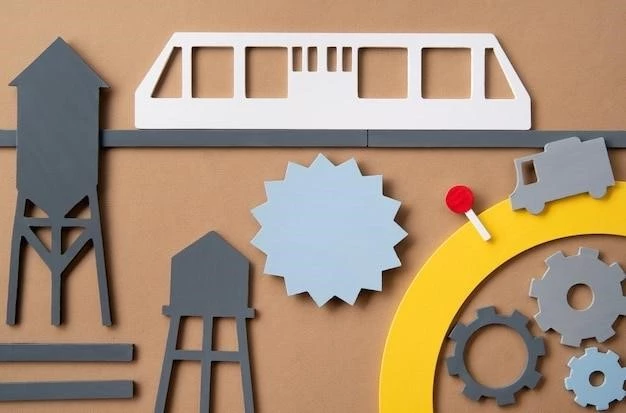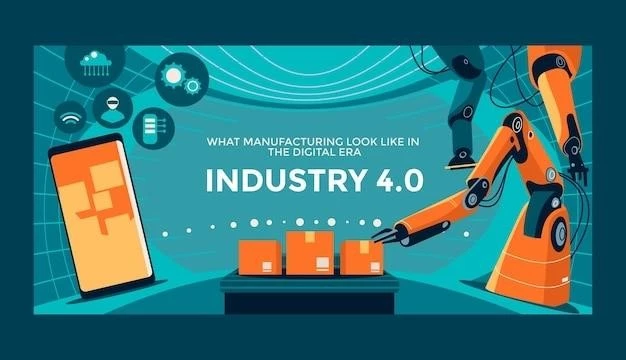The Industrial Revolution‚ a period of unprecedented technological advancement and societal transformation‚ profoundly reshaped the world. Beginning in Great Britain during the late 18th century and subsequently spreading globally‚ this era witnessed a paradigm shift from agrarian economies to those dominated by industry and machine manufacturing. This essay delves into the multifaceted aspects of the Industrial Revolution‚ exploring its origins‚ key innovations‚ societal impacts‚ and enduring legacy.
The Dawn of a New Era
While pinpointing the exact start and end dates of the Industrial Revolution remains a subject of debate among historians‚ it is generally accepted that the period from the mid-1700s to the mid-1800s marked its core. Several factors coalesced to create a fertile ground for this revolution in Great Britain:
- Agricultural Revolution: Advancements in farming techniques and crop rotation led to increased food production and a surplus of labor as fewer people were needed in agriculture.
- Abundant Resources: Britain possessed ample coal and iron deposits‚ crucial raw materials for fueling steam engines and constructing machinery.
- Technological Innovations: The invention of groundbreaking technologies‚ such as the spinning jenny‚ the steam engine‚ and the power loom‚ revolutionized textile production and other industries.
- Financial Capital: A stable financial system and the accumulation of capital through trade provided the necessary investment for industrial growth.

Key Innovations and their Impact
The Industrial Revolution was characterized by a wave of inventions that transformed manufacturing processes and propelled economic growth. Some of the most significant innovations included:
- The Steam Engine: James Watt’s improved steam engine provided a powerful and reliable source of energy‚ revolutionizing transportation‚ mining‚ and factories.
- Textile Machinery: Innovations like the spinning jenny‚ the water frame‚ and the power loom significantly increased the speed and efficiency of textile production‚ leading to the rise of factories.
- Iron Production: Advancements in iron production‚ such as the use of coke in blast furnaces‚ enabled the production of stronger and cheaper iron‚ crucial for machinery‚ railroads‚ and infrastructure.
- Transportation Revolution: The development of canals‚ improved roads‚ and the invention of the steam locomotive revolutionized transportation‚ connecting markets and facilitating the movement of goods and people.

Societal Transformations and Challenges
The Industrial Revolution had a profound impact on society‚ leading to significant changes in demographics‚ living conditions‚ and social structures:
- Urbanization: People migrated from rural areas to urban centers in search of factory jobs‚ leading to the rapid growth of cities and the rise of new urban problems such as overcrowding‚ pollution‚ and poverty.
- Rise of the Factory System: The factory system replaced cottage industries‚ concentrating workers in large factories and leading to changes in labor relations‚ including long hours‚ harsh working conditions‚ and child labor.
- Emergence of New Social Classes: The Industrial Revolution led to the rise of a wealthy industrial capitalist class and a growing working class‚ often living in vastly different conditions and facing social inequality.
- Environmental Impact: The rapid industrialization led to significant environmental consequences‚ including air and water pollution from factories and the depletion of natural resources.
The Legacy of the Industrial Revolution
The Industrial Revolution’s legacy continues to shape the world today. Its impacts are far-reaching and multifaceted:
- Economic Growth and Technological Advancement: It laid the foundation for modern industrial economies‚ mass production‚ and continued technological innovation.
- Global Trade and Interconnectedness: It fostered global trade networks‚ connecting distant markets and shaping international relations.
- Social and Political Change: It sparked social and political movements aimed at addressing labor rights‚ inequality‚ and democratic reforms.
- Environmental Challenges: The Industrial Revolution’s environmental consequences continue to be a pressing global concern‚ highlighting the need for sustainable development.
Conclusion
The Industrial Revolution was a pivotal period in human history‚ marking a profound shift in how goods were produced‚ societies were organized‚ and the relationship between humanity and the environment. Its technological innovations‚ economic transformations‚ and social upheavals continue to shape the world today‚ presenting both opportunities and challenges as we grapple with its enduring legacy.










